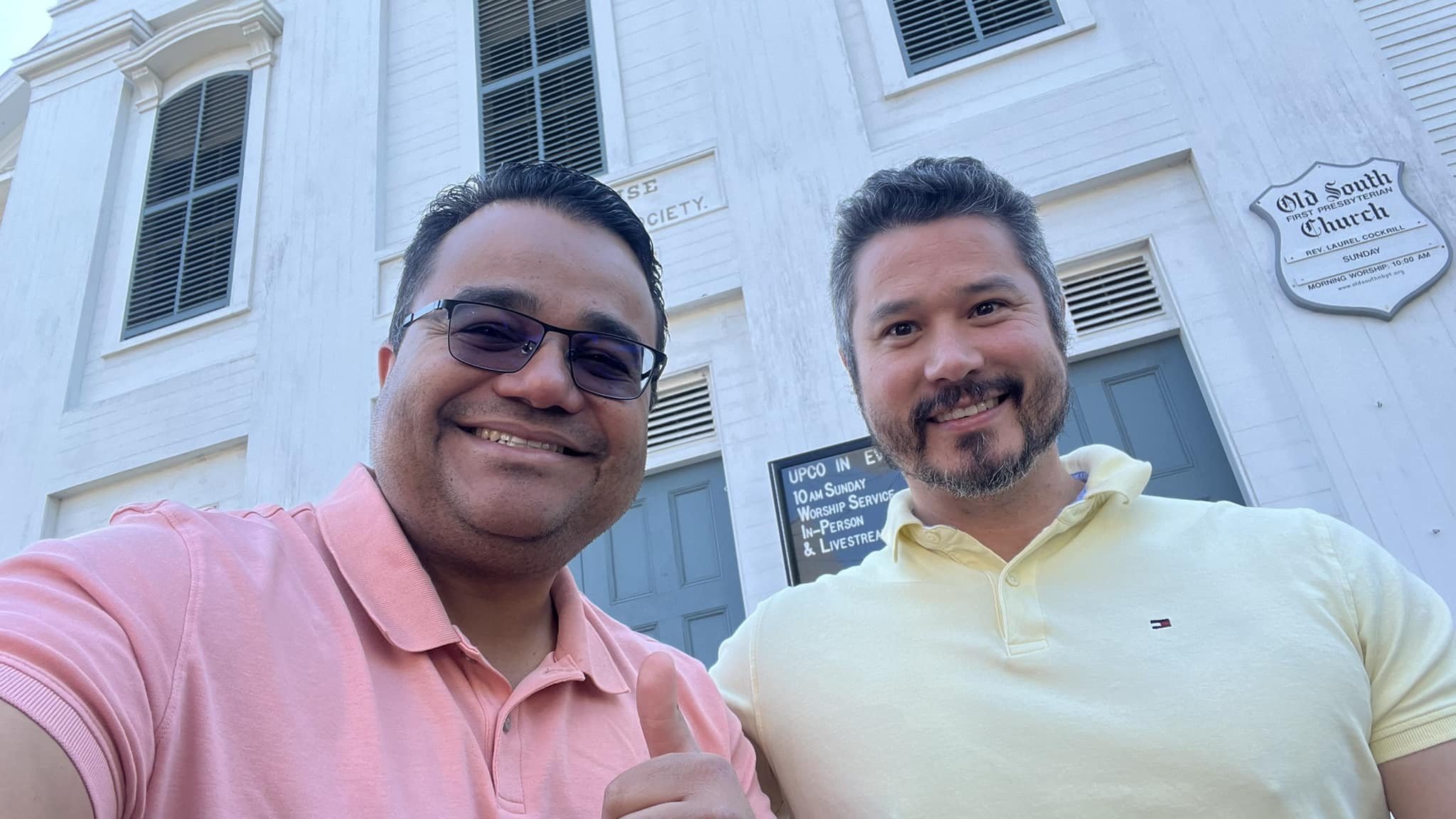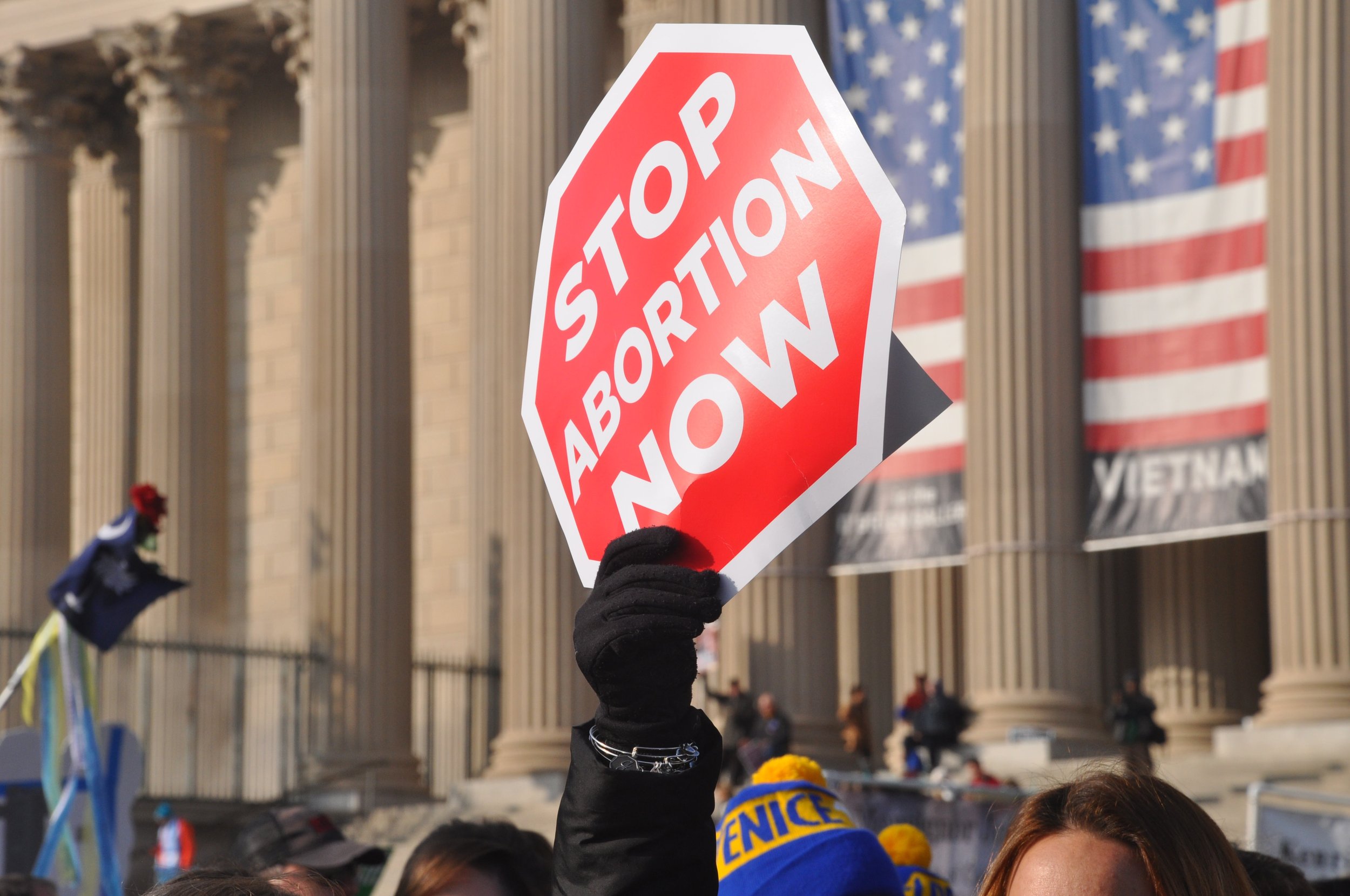BCNE News
The latest news from our network of New England churches. Looking for our New England Perspectives Articles? Click here.

BCNE pastor publishes “Churching: Rediscovering the Centrality of the Church in the Christian Life” to push against the cultural tide of dechurching
Lierte Soares, President of the Baptist Churches of New England, interviews Rick Harrington, Provost of the Multiplication Center of the BCNE on his new book, “Churching” which was recently released.

Jesus lived, Merry Christmas!
Christmas is right around the corner! We as Christians celebrate the birth of Jesus Christ as God coming, crashing into our world, in history and clothed in flesh. There is a growing objection to Christmas that goes something like this: “We don’t even know if Jesus was a real person. He may have been a myth made up by the Church.” The good news is this is a question we can answer without too much difficulty, since our faith is a historical one, rooted in God’s work within time and space.

Preaching lessons
After having just finished a lengthy series through the Epistle to the Romans, which took over a year, it is a good time to reflect on the ministry of preaching. Here are some practical tips I have found helpful that other preachers might find helpful as well.

Ordinary ministry
The ordinary means of grace is what Christians have been practicing for two millenia worldwide, and through them God has transformed the world. There is a tendency as pastors and church leaders to want to find the latest and greatest fad, to keep up with some megachurch trend. For me, it has been immensely refreshing getting back to the ordinary.

The first female missionary
As Baptists in New England we can claim as our own, Charlotte White (1782-1863), the first unmarried woman sent out from the United States to the global mission field. As such, she was appointed by the Baptist Board of Foreign Missions making her the first official female missionary (while others, like Ann Judson, went along with their appointed missionary husbands).

Wading through Roe
Overall, I find pro-choice arguments unconvincing. They essentially boil down to either, “That baby is not a baby,” or “Okay, it is a baby but we have the right terminate it.” However, there are a few related issues that take a bit more Christian wisdom to address. Here are four questions I believe we should answer carefully.

Let us pray, Church
It is time to get real serious about prayer. If our churches don’t pray, we have lost the battle already. If we want to see something spiritually significant happen in our congregations, we have to lead them to the green pastures and still waters of prayer. Let them know that even in the dark valleys, the Good Shepherd offers His ear to His people.

Are you celebrating the Gospel?
What would you expect Jesus’ first miracle to be? Healing the sick? Raising the dead? Walking on water? Jesus’ first miracle was to make 120-180 gallons of exquisite wine. Jesus attended a wedding in Cana. His mother was also there and playing an official role when a potential disaster happens—they ran out of wine. That doesn’t seem too cataclysmic, but for the custom of that day, weddings would last a week and to run out of wine would be a serious social embarrassment. Lawsuits could be brought against the groom’s family!

Pastor, stay where you are!
I’m approaching my 20th year as a pastor at the same church (nearly twelve years as Senior, six as Associate and two years as Youth Pastor). Over that period of time, I’ve considered moving on a number of times, but with each opportunity the prudent decision was to stay put. The fruit of this longevity has become apparent to me. Let me offer some of the benefits of staying put:

Diversity is our strength
I’m half South Korean and half Irish (with a little bit of Swedish thrown in). I grew up eating corned beef and cabbage one day, and kimchi and bulgogi another—a child of two worlds. The Christian faith never felt more fitting with one ethnicity over and against the other.

The sweetness of meeting together
One of the cruelest blows this pandemic has struck us is breaking apart in-person fellowship for a season. While by now most churches have begun meeting again, many members and attenders have still not returned. Phone calls, letters, and brief visits notwithstanding, many are unlikely to ever gather with us again.

Do you pastor a historic church?
Here in New England, we have the richest ecclesiastical heritage in the country. Church history permeates our BCNE landscape: the pilgrims of Plymouth colony, Jonathan Edwards’ hometown of Northampton, George Whitefield’s crypt in Newburyport, D. L. Moody’s estate in East Northfield and the wharf of Adoniram Judson in Salem are all within driving distance. Your local church may have been the fruit of the Massachusetts Bay Colony, flourished under the First Great Awakening or a supporter of the Modern Missions movement. There are some wonderful advantages to pastoring a church with a long and rich history.

The problem of suffering
During what is hopefully the tail end of a worldwide pandemic, many churches have experienced great loss. This may be due to the death of loved ones, a decrease in attendance or some members’ deconstruction of faith. Even those who are still with us are hurting. Many pastors or church members are wrestling with what has been called The Problem of Suffering.
Using the church for the community
It was a few years ago. It was hard to believe that we were genuinely considering selling our large beautiful facility, including our 1,100-person 19th century sanctuary. At an annual meeting in our much smaller church chapel, we had an open discussion about the future of our facility. Many expressed Spirit-filled statements of the church being more than a facility. It was a good time of reflecting on who we are without 217 Main Street. At the same time, members expressed the heartfelt blessing that both the location and the beauty of the facility had been for us. It was a spiritually mature conversation.
